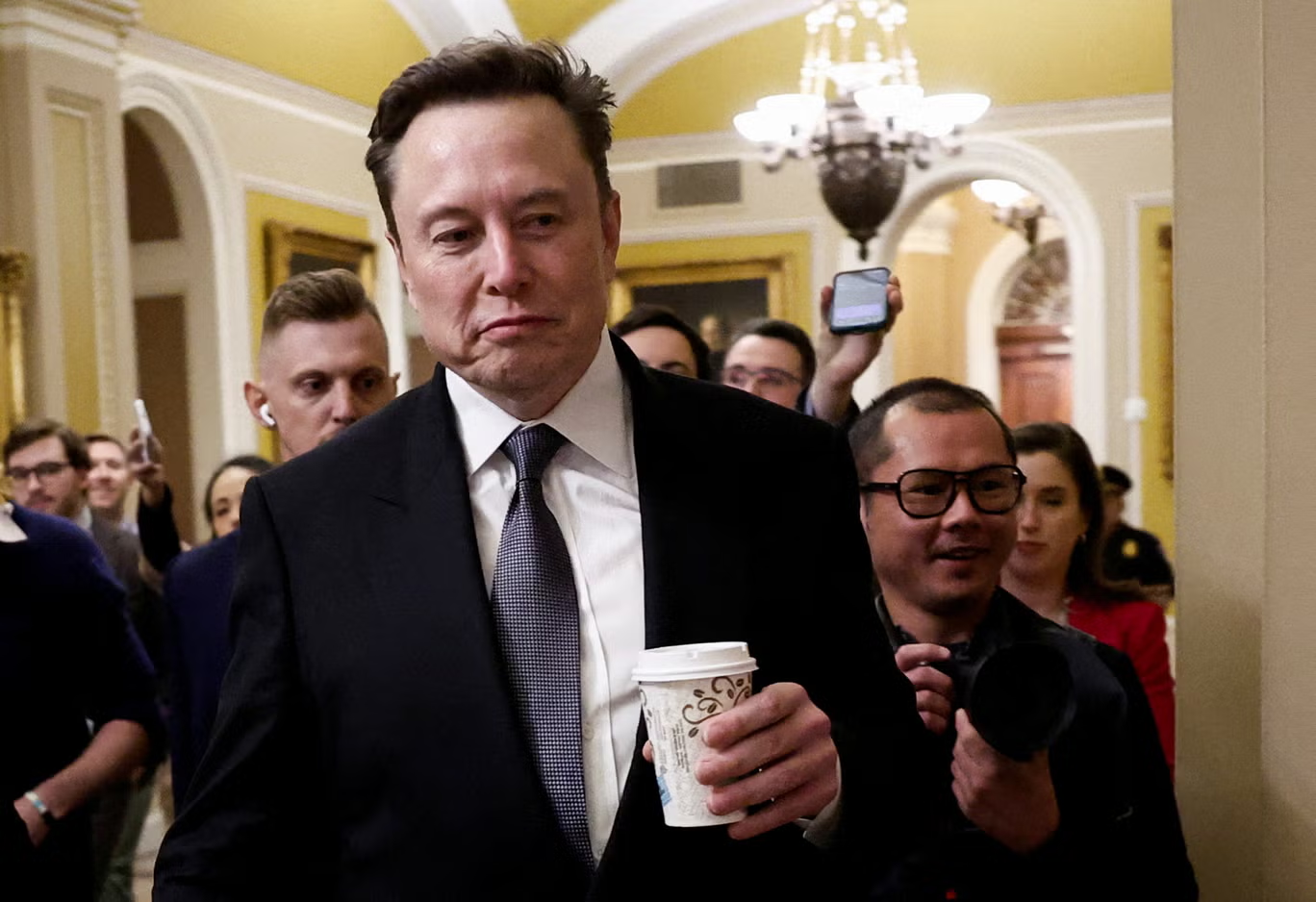Negotiations between SEPTA and the Transport Workers Union Local 234 made enough headway Thursday night to prevent a midnight strike, ensuring transit services continue for Philadelphia residents. Talks will continue Friday as both sides aim to reach a new contract.
Contract Talks Bring Temporary Relief to Commuters
In a breakthrough for Philadelphia commuters, SEPTA and the Transport Workers Union Local 234 announced Thursday that ongoing negotiations have prevented an immediate strike. The current contract, which was set to expire at midnight, will remain active as talks resume.
Both SEPTA and union representatives expressed optimism about the progress. “We have made progress in round-the-clock negotiations,” said TWU Local 234 President Brian Pollitt. SEPTA later confirmed in a statement that its City Transit Division employees would continue working without interruption.
Parents and Commuters Breathe a Sigh of Relief
Parents, who rely heavily on SEPTA for their children’s daily school commute, voiced their concerns over the possible disruption. Marlene Idopcil, a mother of four, shared her anxiety: “They all catch the bus, unfortunately. Mommy can’t drive everybody to school.”
A strike would affect thousands of residents who use buses, trolleys, and subway services. For parents and commuters, a temporary resolution brought relief, but the risk of future disruptions looms if talks do not reach a conclusive agreement.
Key Issues at Stake: Wage Increases and Safety Improvements
Contract negotiations between SEPTA and TWU Local 234, representing 5,000 city transit employees, have been ongoing since June. The union’s primary demands include higher wages and enhanced safety measures. Currently, the union seeks a one-year contract that includes a 10% wage increase.
However, SEPTA has cited a substantial financial crisis, facing what officials call a “fiscal cliff.” SEPTA spokesperson Andrew Busch explained the situation: “We’re looking at about a quarter billion dollar budget deficit.” This shortfall, he noted, impacts nearly 20% of the budget required to maintain the system daily.
Union leader Pollitt countered, calling attention to SEPTA’s $600 million rainy day fund. “We’re not asking for $600 million, but we’re asking for a little bit,” he said, urging the agency to prioritize its workers.
Financial Hurdles and the Debate Over SEPTA’s Funds
The financial state of SEPTA has become a sticking point in these negotiations. While SEPTA warns of a looming deficit, the union contends that the agency’s reserve funds could address the workers’ demands without compromising its budget.
The union’s stance raises broader questions about how SEPTA manages its funds and the prioritization of financial reserves. The potential strike would impact over 500,000 riders who rely on SEPTA’s city transit system daily, making the stakes in this negotiation especially high.
What’s Next: Negotiations to Continue as Riders Wait
While the temporary pause on the strike offers relief, the contract dispute remains unresolved. SEPTA and TWU Local 234 will resume discussions on Friday, as they continue to search for common ground. Should talks stall, the possibility of a strike remains, leaving Philadelphia commuters in a precarious position.
For now, SEPTA services will operate as usual, giving commuters a brief reprieve. But as negotiations continue, both SEPTA’s financial stability and the union’s demands for fair wages and safer working conditions will play pivotal roles in determining the future of Philadelphia’s public transit system.
A Temporary Resolution Amid Lingering Uncertainty
The tentative progress in SEPTA’s contract talks with TWU Local 234 has averted an immediate crisis, but a long-term resolution is still out of reach. While commuters can rest easy for now, the larger issues at stake suggest that Philadelphia’s transit services could once again face disruption if an agreement is not reached soon.
credit












